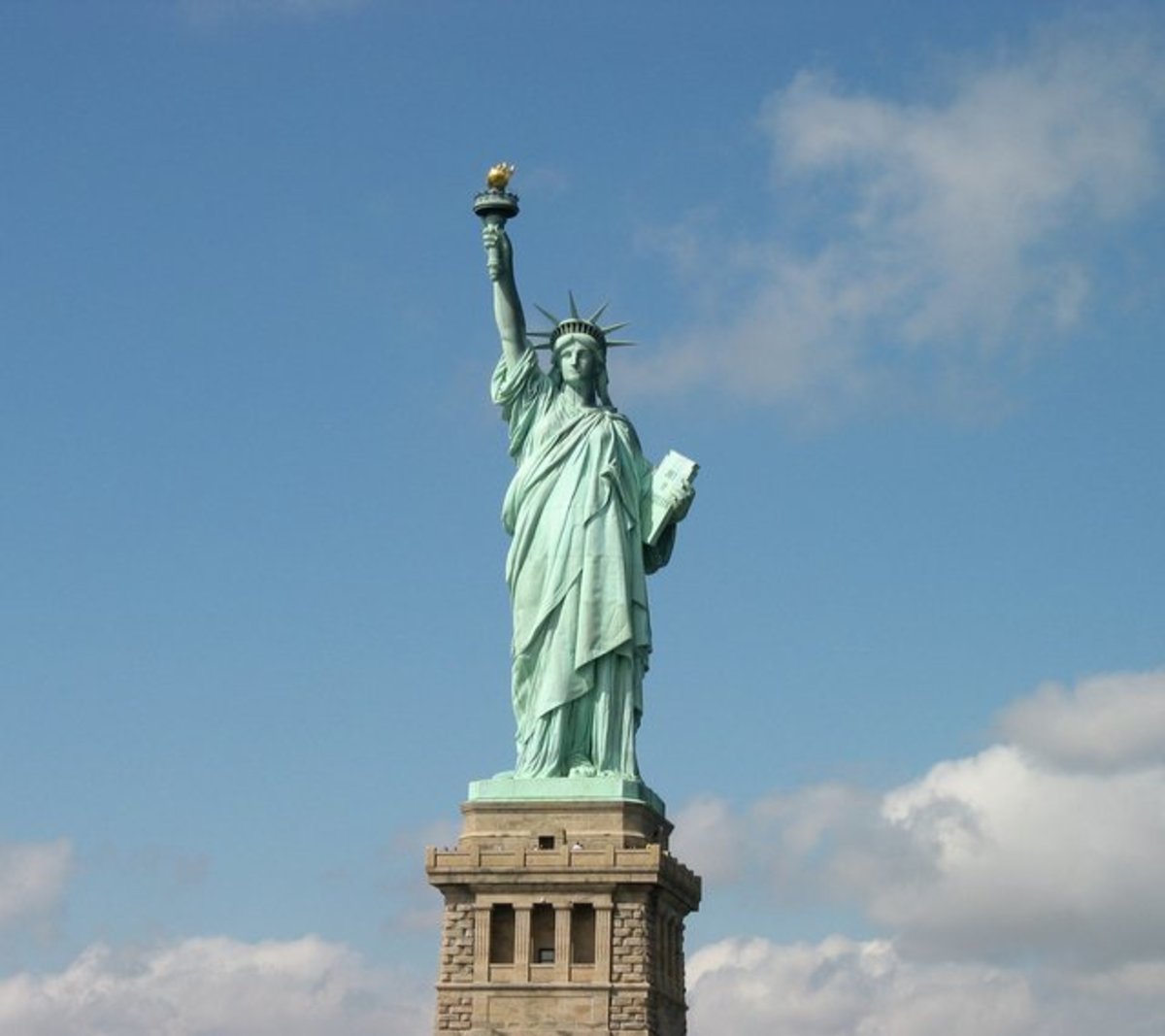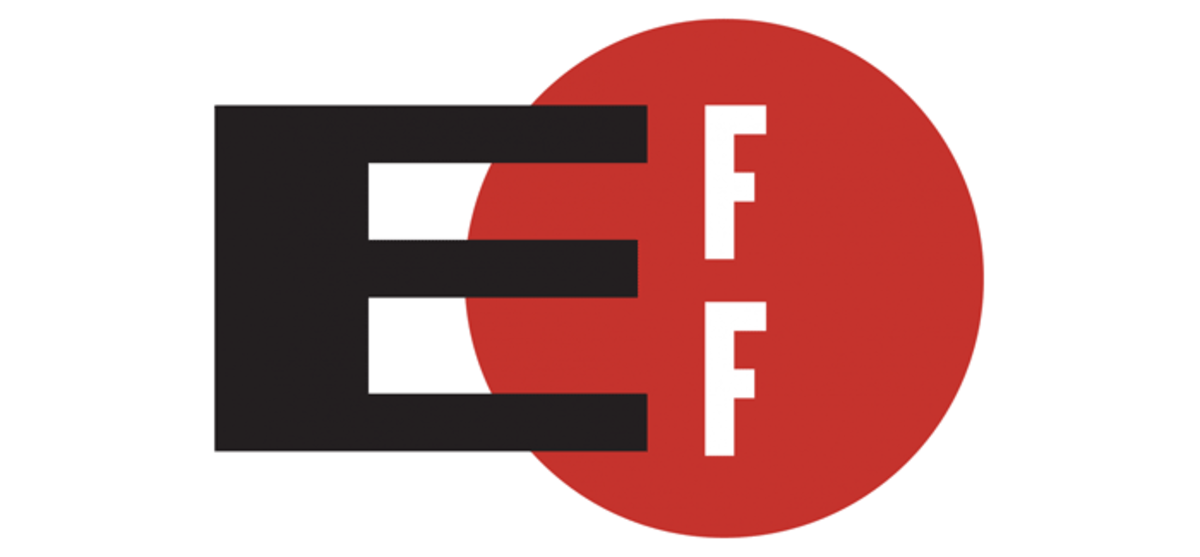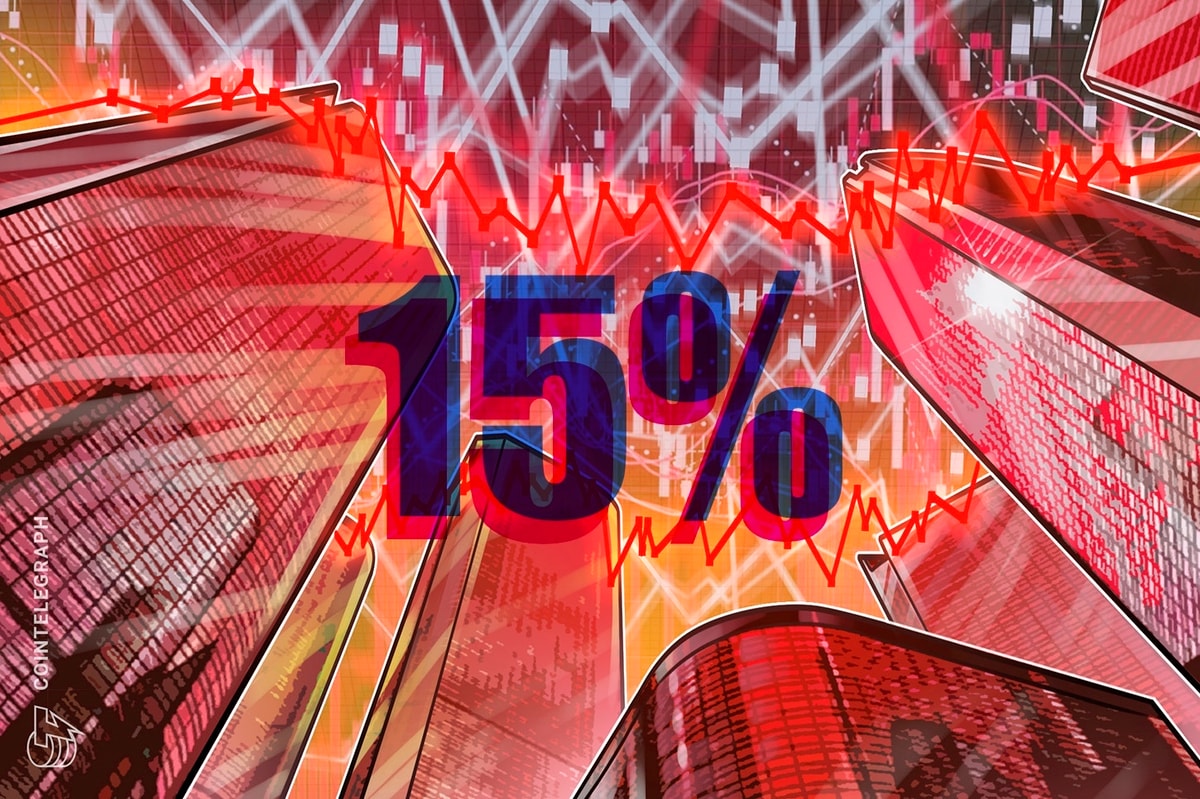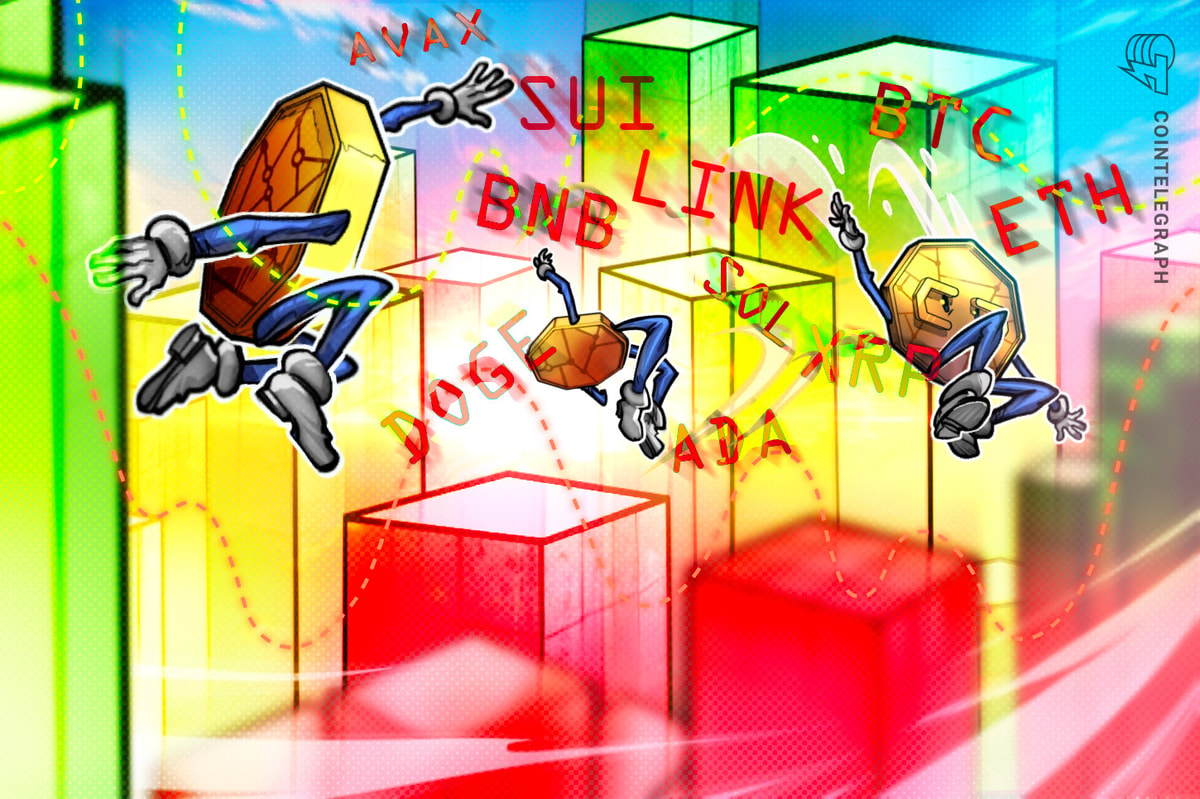
Liberty Reserve, one of the more popular alternative payment processors for the USD and Euro, has been shut down and its owner, Arthur Budovsky, arrested in Spain as part of a joint money laundering investigation by police in the United States and Costa Rica. Budovsky had been arrested before in 2006, when he and Vladimir Kats were arrested for operating Gold Age, a digital currency exchanger which the US federal government deemed to be a money transmitting business, without a license. However, they received probation, and Budovsky continued to operate Liberty Reserve. This time, the underlying cause of the arrest was money laundering; “Budovsky’s businesses in Costa Rica apparently were financed by using money from child pornography websites and drug trafficking,” BehindMLM writes.
In 2011, Liberty Reserve, together with Dwolla, was one of the main methods of moving money into Bitcoin exchanges to buy bitcoins, and can be credited as being one of the chief enablers of the Bitcoin economy’s early growth at the time. The key feature that LR and Dwolla offered was the lack of chargebacks, meaning that exchanges could use these services safely without fear of a fraudulent customer buying depositing USD, buying and withdrawing bitcoins, and charging the USD back. Dwolla introduced chargebacks without warning in early 2012, suddenly costing one Bitcoin exchange, Tradehill, nearly $100,000 in chargeback fraud. As of May 2013, a lawsuit from Tradehill to recover the money is still underway, with little progress having been made. The loss of this alternative maintained Liberty Reserve’s popularity for some time, but since then it has considerably decreased in importance in the Bitcoin community. MtGox has continued to offer it as a popular deposit option up to this day, but other services, like OKPay, have grown to fill the space, and other Bitcoin exchanges have added more convenient means of buying bitcoins such as cash deposit and bank transfer.
Thus, on the whole, this may help Bitcoin more than hurt it. Many businesses that operate in a high-chargeback-fraud setting have stayed with the USD or Euro by using payment processors that attempt to be chargeback-free, but what the downfall of first Dwolla then Liberty Reserve shows is that, in general, chargeback-free on the internet is a lie; businesses only stay chargeback-free until they are either shut down outright due to the black and grey market activity that chargeback-free services also necessarily attract or a sufficiently large crisis happens that forces them to change their policies. Somehow, something eventually forces everyone’s hand. Except Bitcoin. Because Bitcoin does not depend on any government or corporation, there is no way for anyone to force the system to bend to their will, and so it will remain chargeback-free for as long as it has enough people mining it to defend against attackers. And if that does happen, alternative cryptocurrencies like Ripple will take its place, substituting in a globally distributed network of trust for mining.
BehindMLM’s article on the shutdown mentions how Liberty Reserve is being used by multi-level marketing (MLM) companies. MLM is a marketing strategy in which companies hire, usually on a very informal, “sign up here and start right away” basis, people to market their product and compensate them for not only sales that they themselves make but also a percentage of commissions earned by people they recruit. This is an industry that needs to pay usually very small amounts of money to millions of people around the world, and which is easily susceptible to chargeback fraud – one can simply sell a product to oneself ten times, get the commissions, and then charge the ten sales back. With Liberty Reserve down, they may be forced to move over to Bitcoin instead. Multi-level marketing is only one example; there are many industries that could benefit greatly from a secure chargeback-free method of money transfer like Bitcoin. Perhaps this event will convince them to finally take the plunge and switch to it.










